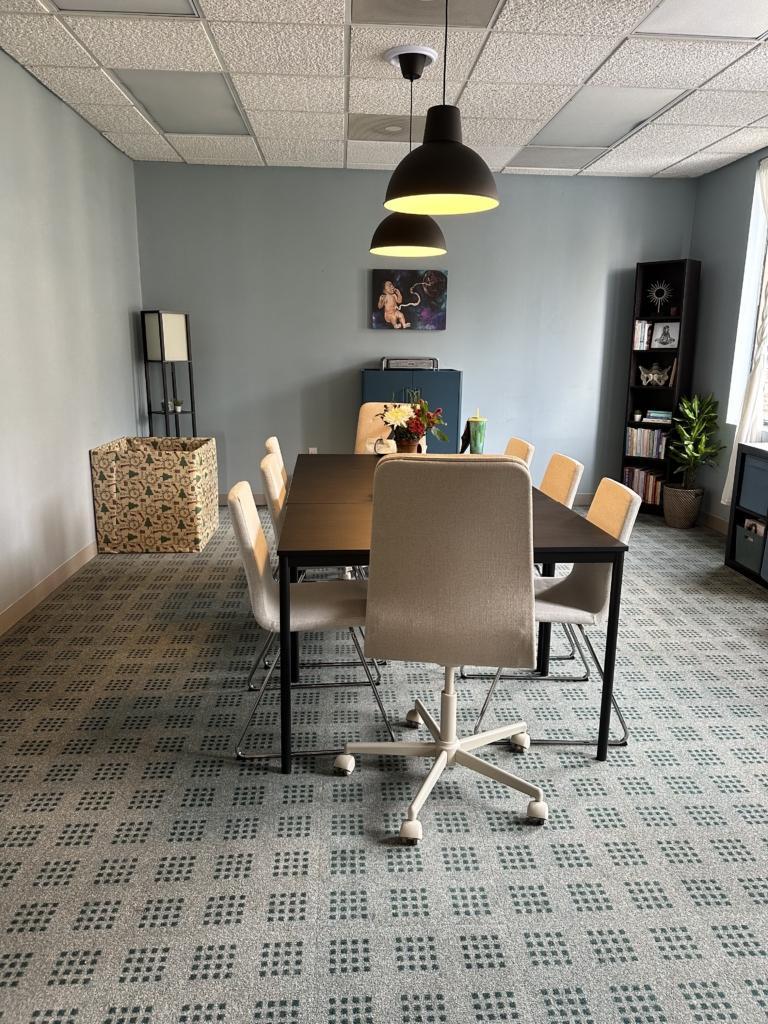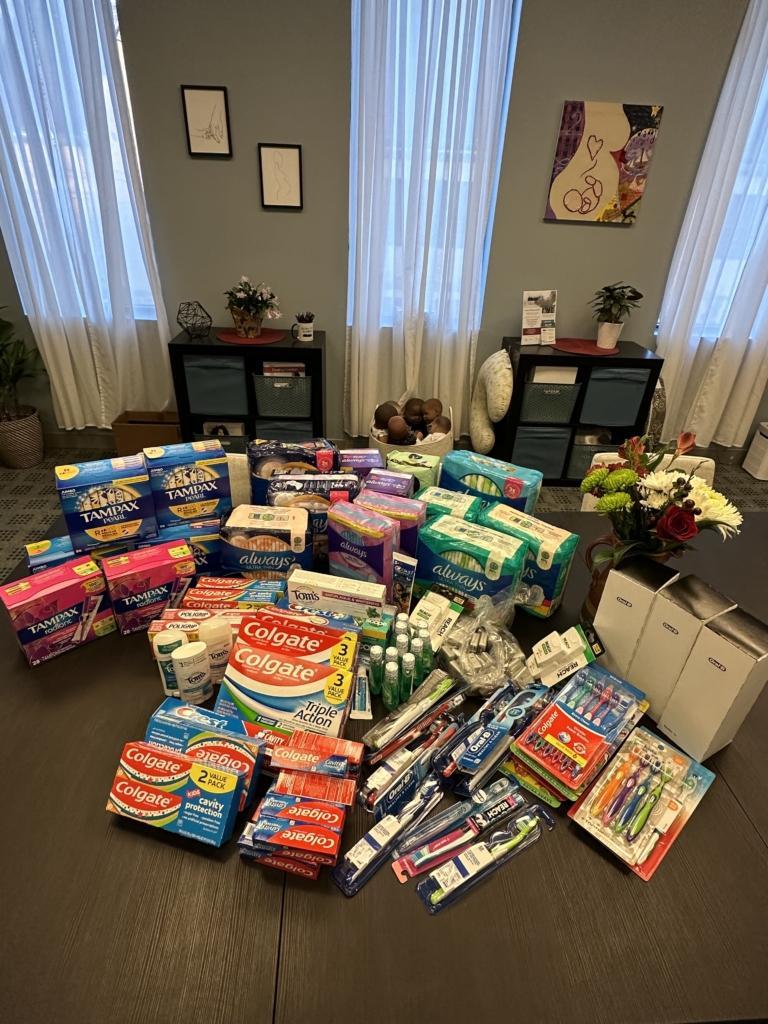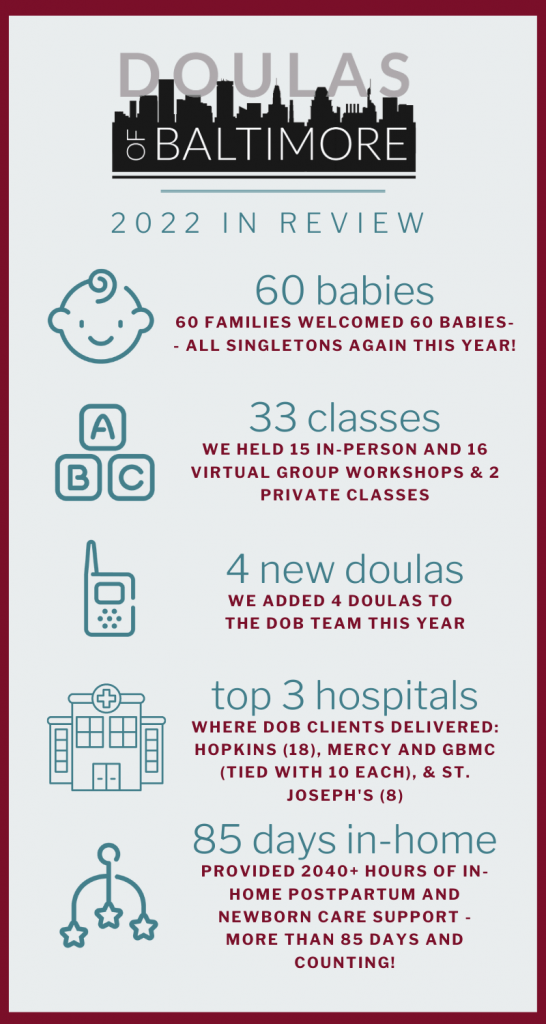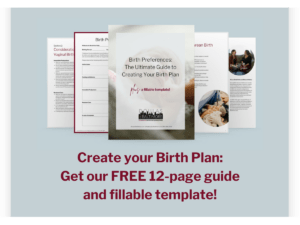Big News! We’re excited to announce we’re expanding our classes into Frederick. Our signature educational series with the same committment to evidence-based curriculum will now be hosted at Indigo Physiotherapy.
Uplifting the local community that we serve is always a goal of ours so we’ve gathered 5 of our favorite spots from our two favorite Frederick residents on the team.
Join us on May 4th for our one day Birth Basics class and then head to one of our favorite spots and make a day of it!
Shopping
Curious Iguana Bookstore
Hours:
Monday & Tuesday 10AM–6PM
Wednesday – Sunday 10AM-8PM
Website: https://curiousiguana.com/
Instagram: @curiousiguana
Address: 12 North Market Street, Frederick, MD 21701
Curious Iguana is an independent bookstore located in downtown Frederick. Since 2013 they have offered a wide array of books written by diverse authors for children and adults alike. In addition to being a mainstay gathering space, they’re also a benefit corporation, donating a portion of their sales to different non-profits. Enjoy the warm and inviting atmosphere and pick up a new favorite read while you’re there!
Dancing Bear Toys
Hours:
Sunday – Tuesday 10AM–6PM
Wednesday – Saturday 10AM-8PM
Website: https://dbeartoys.com/
Instagram: @dbeartoys
Address: 15 East Patrick Street, Frederick, MD 21701
First opened in 2000, Dancing Bear Toys is owned and operated by the very same people who brought you Curious Iguana! A fiercely Frederick-loving space, Dancing Bear believes that fun, play, and giving back are important for all. Carrying a wide array of toys that help spark imagination and creativity, you’ll find everything from the latest slimes and fidget toys to retro and classic toys like stuffed animals and wooden blocks.
Food & Beverages
Frederick Coffee Co & Cafe
Hours:
Monday – Sunday 6AM-6PM
Website: https://fredcoffeeco.com/
Instagram: @FrederickCoffeeCo
Address: 100 N. East Street, Frederick, MD 21701
A part of Frederick since 1991, Frederick Coffee Co & Cafe moved into its current location, which was previously a southwestern furniture store, one year after they opened. Creating specialty coffee drinks like their Sweet Bee or Almond Joy as well as offering classics like a Chai Latte and a London Fog, coffee and tea lovers alike will easily find their favorites. In addition to a full drink menu, the Cafe also offers wraps, sandwiches, and soup combos!
Prospect Point Brewing
Hours:
Monday – Wednesday Closed
Thursday 3PM-7PM
Friday 3PM-9PM
Saturday 12PM-9PM
Sunday 12PM-6PM
Website: https://www.prospectpointbrewing.com/
Instagram: @prospect_point_brewing
Address: 5500a Jefferson Pike, Frederick, MD 21703
Located on Carroll Farms, Prospect Point Brewing is just outside of Frederick. Offering outdoor seating, this family owned and operated brewery is child and pet friendly! Indoors, the taproom offers a view of the brewery’s operations alongside large windows for a bright and beautiful experience. Offering a draft list ranging from IPA to Sours and Seltzers as well as Sodas and Juice boxes for the kids, this is a great spot to come with friends, on a date, or the whole family.
Black Ankle Winery
Hours:
Monday – Thursday 12PM-5PM
Friday 12PM-9PM
Saturday 11AM-9PM
Sunday 11AM-6PM
Website: https://www.blackankle.com/
Instagram: @blackanklevineyards
Address: 14463 Black Ankle Road, Mt. Airy, MD 217713
Outside of Frederick you’ll find the beautiful Black Ankle Winery. Worth the short drive, this sustainable and ethical Vineyard offers handmade wine in a gorgeous setting. With regular food trucks and live music, you’ll be able to make a full trip to their tasting room. They pride themselves on growing all the grapes used to make their wine and offer both indoor and outdoor seating.
Frederick is an understandably up-and-coming area with incredible pride for their city and tons of opportunities to support small, family-owned businesses. We couldn’t be more excited to share our evidence-based education with the community and help share this vibrant place with others!
To register for our upcoming Spring Session of Birth Basics visit this page.











